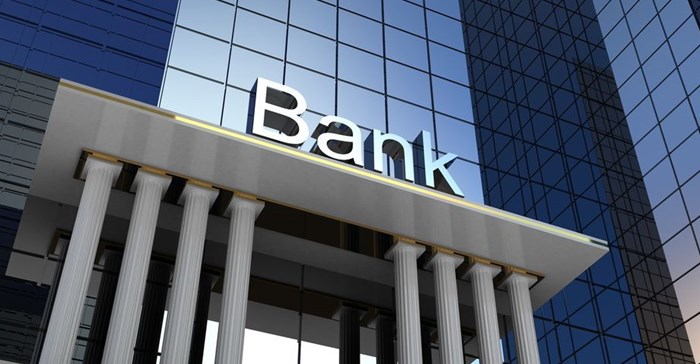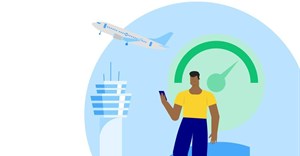Trending
Elections 2024
Jobs
- Wine Expert Sales Executive George
- Graphic Designer Johannesburg
- Digital Marketer Cape Town
- Baker - Commercial Bakery Vereeniging
- General Manager Vereeniging
- Front Desk Coordinator/Receptionist Vereeniging
- Freelance Graphic Designer/Web Designer/Reel Creator Cape Town
- Mid-Senior Travel Consultant Cape Town
- Partnerships and Business Development Manager Cape Town
- Head of Growth Cape Town
The battle of the banks hits a high in digital Covid economy
SA's banks earned a significant amount of goodwill and loyalty with their rapid and wide-scale debt-relief responses at the time. However, they will need to work hard to leverage this position as a protracted pandemic tests every facet of customer resilience and loyalty in a tough and uncertain economy.
Even prior to Covid-19, the technology and innovation drive of banks had already served to increase customer expectations of online capability combined with more personalised offerings and services. The arrival of the pandemic and hard lockdown redirected banks and their customers to an increased reliance on digital tools, processes, and self-service channels as a replacement for in-branch and call centre interactions.
The digital acceleration brought about by the adaptation to a new multi-channel, connected normal, combined with consumer financial distress, have further increased customer expectations off an already high base, while reducing their tolerance for a bad customer experience.
These are just some of the findings of the 2020 South African Customer Satisfaction Index (SA-csi) for Banking conducted by Consulta, providing highly scientific insights into the overall level of satisfaction of customers of South Africa's top retail banks.
Almost 12,500 customers from the lower, middle, and upper retail banking segments on their overall satisfaction with South Africa's big six retail banks during 2020 – Absa, African Bank, Capitec, FNB, Nedbank, and Standard Bank.
Key take outs
- Overall customer satisfaction score Capitec (84,7) is once again the leader, followed by African Bank (83.4), Nedbank (81,1), and FNB (80,2) – all in leader positions and above the industry average (79.6).
- Customer expectations and perceived quality In terms of customer expectations, the indicator continues to rise to new highs of 83,1 (compared with 82,4 in 2019). In terms of perceived quality, Capitec, FNB, Nedbank, and African Bank lead the sector and have consistently performed above the industry par over a five-year period, while Absa and Standard Bank have performed below par on perceived quality in each SA-csi measure for the past five years.
- Perceived value Capitec (87.7) leads by more than 13 index points over the lowest scores in this category, which are Absa (73,6) and Standard Bank (74.5), both of which are below industry par (76,0).
- Complaints incidence and resolution Capitec has the lowest score(11,9%) and a high complaint resolution rate of 55,4%.
- Customer loyalty Capitec (76,7%), African Bank (76,2%), Nedbank (73,5%), and FNB (72,8%) have the most loyal customers and are above industry par (71,6%), although both African Bank and FNB have declined on their 2019 scores.
- Net promoter score This measures the likelihood of a person to recommend a brand to friends, family, or colleagues. Capitec (56.6%) and African Bank (50,8%) have the highest score, which is well above the industry average of 33.5%. However, African Bank has tumbled by 12% from its high of 62,8% in 2019 and Capitec's NPS score also shows a consistent year-on-year decline in NPS, albeit off a high base.
- Treating Customers Fairly The degree to which customers feel they are being treated fairly by their banks is highest with African Bank (86,3), Capitec (86,3) and Nedbank (82,9), and above industry par (81.1).
Absa (78.6) and Standard Bank (77,7), although showing improvement on previous 2019 scores, come in below industry par.
FNB has the highest complaint incidence (23.0%) and the lowest complaint resolution rate (49.8).
















